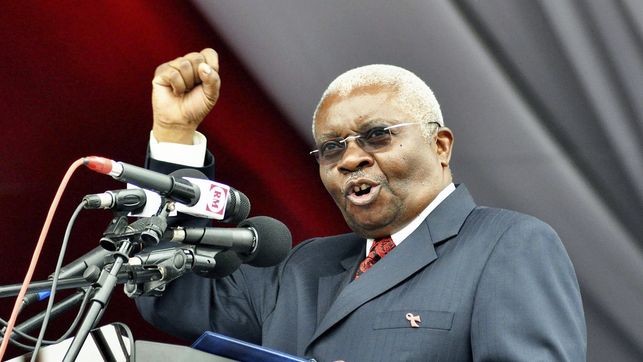Monzambique/12 de Diciembre de 2016/Allafrica
Resumen: El Parlamento de Mozambique, desde la Asamblea de la República, aprobó el viernes el Plan Económico y Social del Gobierno para 2017, con el voto en contra de todos los diputados de la oposición.
En educación, el gobierno planea alcanzar una tasa de asistencia a la escuela primaria del 86,5% y contratar a 8.300 nuevos maestros para educación general y técnica. La proporción de alumnos por maestro en la enseñanza primaria debería bajar de 62 a 60.
The Mozambican parliament, the Assembly of the Republic, on Friday approved the government’s Economic and Social Plan for 2017, with all opposition deputies voting against.
The plan passed with 138 deputies of the ruling Frelimo Party voting in favour, against the opposing votes of 91 members of the rebel movement Renamo and of the Mozambique Democratic Movement (MDM).
The plan sets a target of 5.5 per cent economic growth for 2017. This would be a significant increase on the 3.9 per cent growth expected for this year, but lower than the seven per cent initial target for 2016.
The government expects to bring inflation under control, and sets a target that the average 12 monthly inflation rate over the year should not exceed 15.5 per cent.
Exports are expected to grow by 7.7 per cent to reach about 3.5 billion US dollars. The government expects to cut the deficit on the current account from 42 to 34 per cent. The country’s net international reserves should remain at a level throughout the year capable of financing three months’ imports of goods and services.
The number of health units offering specialist care to women and children who are victims of domestic violence should rise by 89 to reach 310.
The government also plans to rehabilitate 300 kilometres of roads, and to build or rehabilitate 42 bridges. 100 new buses will be acquired for urban passenger transport, and 306 railway wagons will be rehabilitated.
After the vote on the first reading of the resolution approving the plan, the Assembly moved to a second reading in which the resolution was passed and amended article by article. As happens every year, Renamo introduced a wrecking amendment, seeking to replace the words “the plan is approved” by “the plan is rejected”.
Procedurally, this was illegitimate since the plan had already been approved in general. But rather than waste time arguing with Renamo, a vote was taken on the amendment which went down to defeat by 138 votes to 90.
Fuente: http://allafrica.com/stories/201612100019.html







 Users Today : 188
Users Today : 188 Total Users : 35459783
Total Users : 35459783 Views Today : 348
Views Today : 348 Total views : 3418320
Total views : 3418320